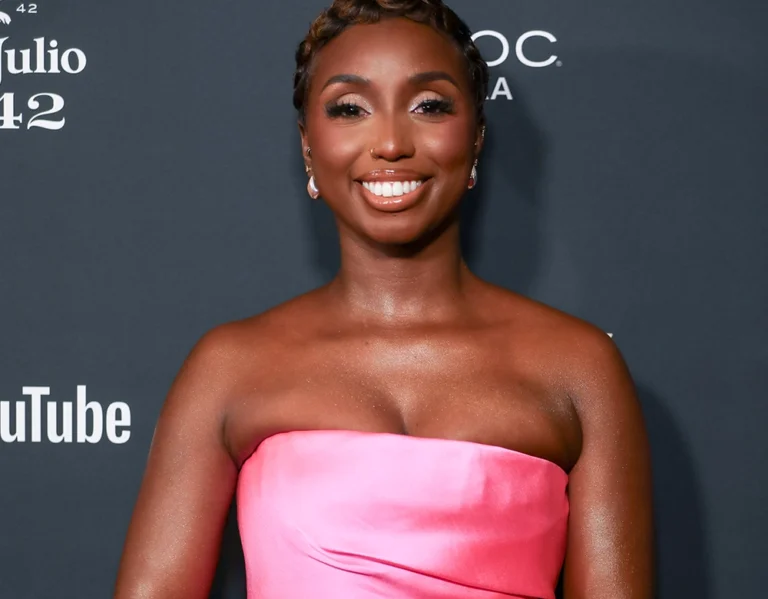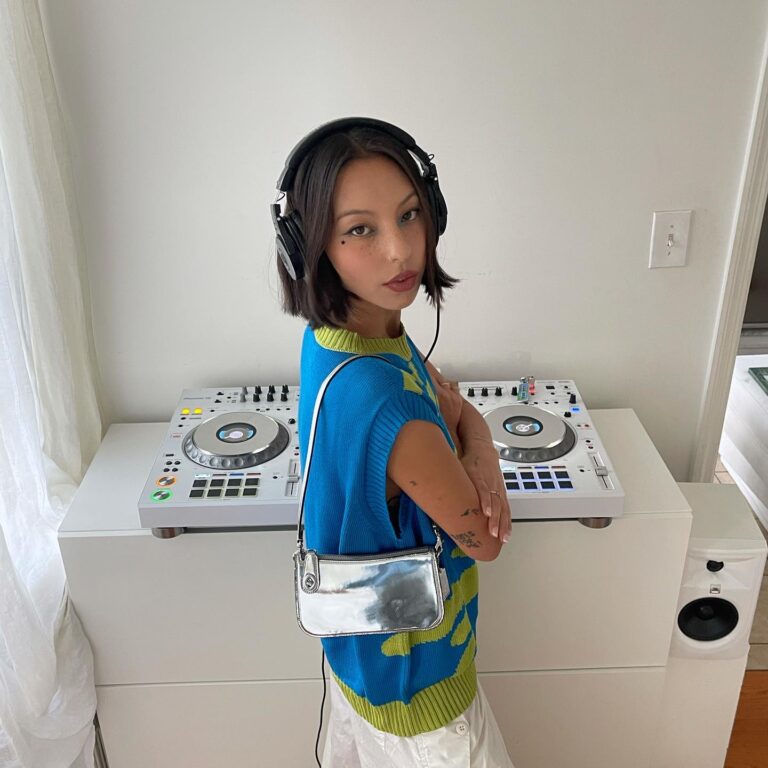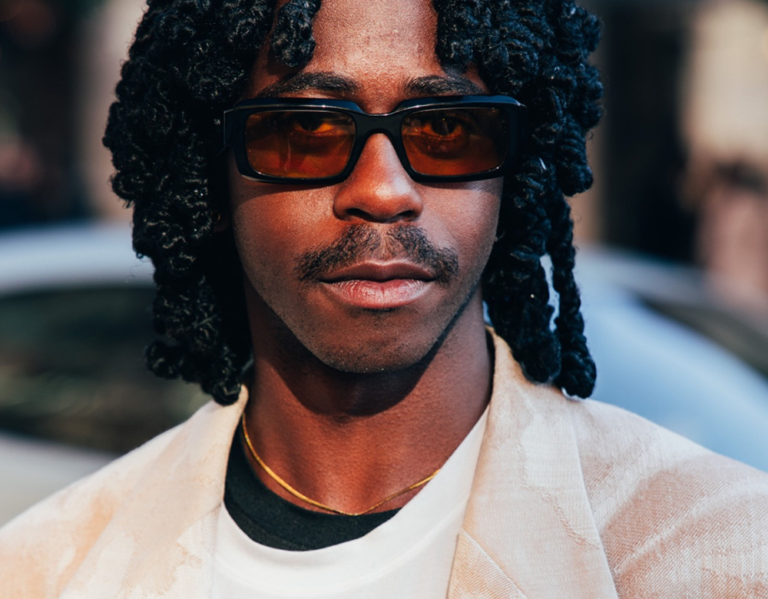Jade Ang Jackman, Director, London
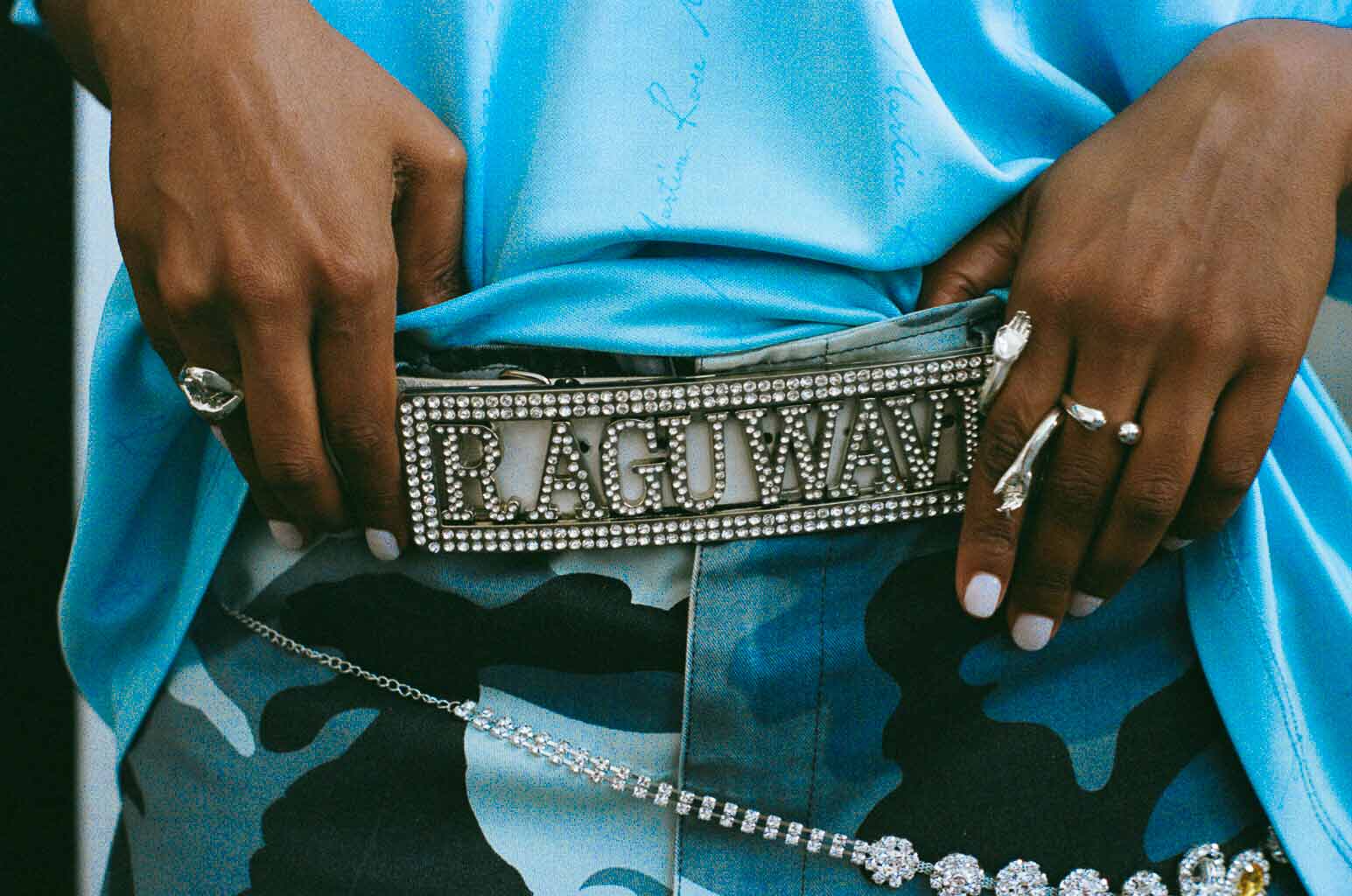
Please introduce yourself
Hello, my name is Jade Ang Jackman. I am a film director… Sometimes a writer, but more journalistic stuff and film scripts.
Would you explain to us what ‘director’ means, for you?
When you are a film director, in a narrative context, you come up with the world that a story operates in. You are directing the visual world, the team and the other creatives. You are steering this, in a creative sense. You get asked a lot of questions!
"you never know where different projects will take you. That’s been the biggest thing for me, especially now with the digital age - so many different things can come from nowhere."
We loved your work for Priya Ragu’s music video ‘Easy’. You then worked on the mini-series to accompany her latest release. How did that job come about?
To demystify this, I am repped for music videos and commercials by a company called Pretty Bird. Initially Chris Murdoch, the head of music videos, got me to pitch on a music video for the first track from her [Priya’s] album and we got on well, so when they were looking for someone to take on the content around her album, they asked me to pitch again. One of the things I have learnt and would share to other creatives and aspiring creatives is that you never know where different projects will take you. That’s been the biggest thing for me, especially now with the digital age – so many different things can come from nowhere. It’s important to know your voice but to also be open to different possibilities, you never know what those connections will bring. You are working with different people all the time and it’s a very personally-led industry. Of course, when you are visually representing an artist, you need to be able to collaborate within their world and make sure your aesthetics align for the project.
What was the day-to-day of shooting that project like?
I spent quite a lot of time with her, following her around for 4 or 5 days. Mainly it was just me alone, and then one day with a DOP (director of photography). We didn’t want to record the audio in real time to sit alongside the edits, we wanted voiceover from her, so spent a lot of time talking about things that had happened in the past whilst shooting the day-to-day of her family life now. Priya is very multicultural; Swiss, Tamil, and in London a lot, and we had to think about how to show that. We also shot on lots of different cameras to make it interesting, including a 360 camera which is cool for showing a sense of space, and Super 8, 35mm for stills, and VHS. On the days where it was just me, I was shooting on all of those cameras!
Wow. You must have had a lot of prior knowledge on how to use all of the different cameras?
In one of my first jobs at Vice, I was a shooting researcher with a background in photography, so I already had an understanding of how to use a camera kit. I’m really happy that I started with a camera-focused/technical knowledge.
"...you have to keep the vision of what you want to do alive in your head, and in some way you are finding ways to get there."
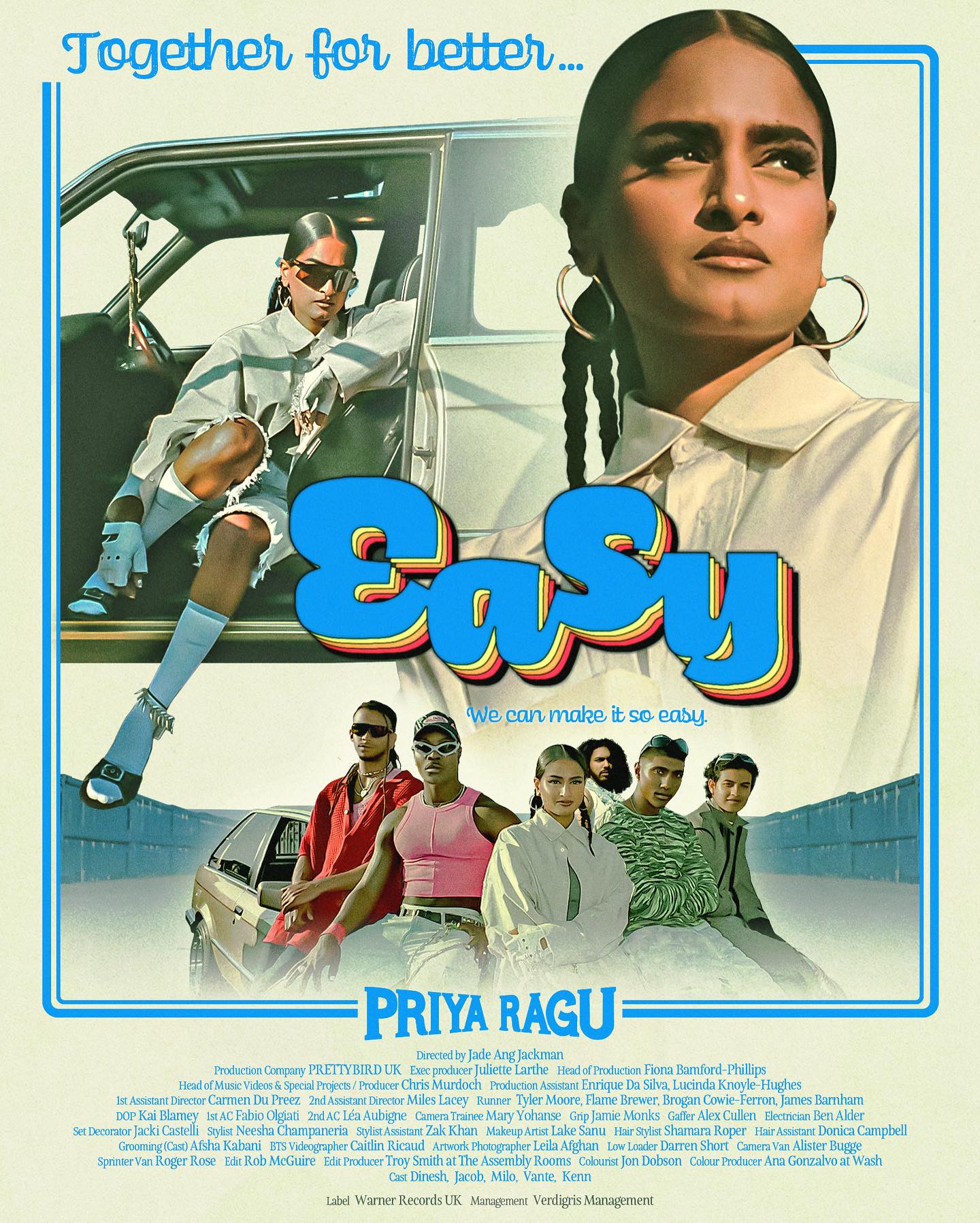
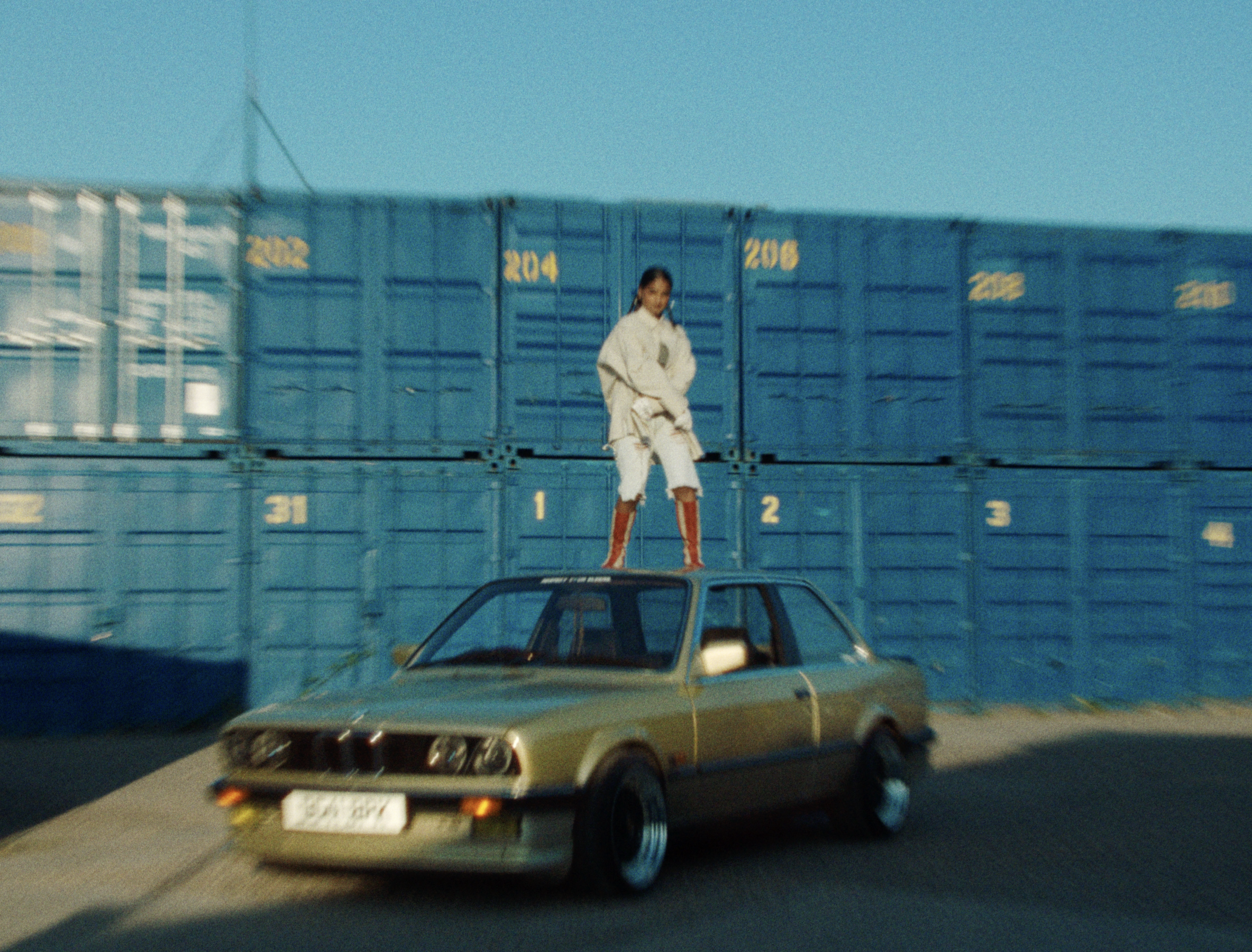
There’s a lot of pitching that goes into the process of you getting jobs. Can you tell me about that process?
The APA rules are that three people will pitch and then the client will select from that. The pitching process is usually not paid, they are trying to change that. It’s weird because you spend a lot of time making what might be a 50 page document and not even know if you are going to get the work. Sometimes I feel like I am playing Russian roulette with my career the whole time – I think you get addicted to the rush from it! The way to keep motivated, as it can be disheartening, is that you have to keep the vision of what you want to do alive in your head, and in some way you are finding ways to get there. The times where I think, ‘Oh no, nothing is happening,’ is where I lose sight of where I want to get to. As long as you keep the self-belief alive and the curiosity of what you want to make work about then you don’t get too bogged down. Or take up punching things for fun, like me…
Talk to me about your career trajectory, because you studied law at LSE…
[Laughs] It’s everyone’s favourite joke!
But it’s interesting because you didn’t go to film school or art school, so you had to get into it post-uni. Why didn’t sticking to a conventional path work for you?
When it comes to being a filmmaker, everyone has their unique voice. Looking back, I can see how studying Law influenced me, because I’m really critiquing governmental institutions or social-issues through an action genre lens. It has taken me a moment to understand that is kind of what I’m into though.
What formative experiences came from the Law degree?
Whilst studying law, I wanted to become a criminal defence barrister, so I started working with a women’s rights group, one that included sex workers groups at immigration and detention centres. Alongside this, I was working on a dossier for the Guardian, as they were doing an investigation into sexual assault in a detention centre by the guards. One of the women said when being interviewed, “We were like these invisible people,” because you can’t get cameras in. I started to make audio phone calls with the women inside and I became fascinated about telling stories about where it was illegal to film. That became the central question for my first award-winning project, Calling Home, which won me an award from the British Film Institute when I was 24 and led me to work at Vice. So yeah, you never know where things are going to take you.
Was art school ever something you considered then?
For me, art school didn’t feel like an option. I tentatively floated it to my parents, who were concerned it wouldn’t lead me anywhere and had a more traditional mindset about it. In my spare time I was frantically emailing anyone who’d like me to write about fashion or art for them, and started doing some bits for a magazine called IDOL. For me, it was mega helpful being in London and I kinda took over the uni newspaper’s film & arts paper. I remember writing about Spring Breakers, which I was obsessed with. A big turning point for me was getting to intern for Ashleigh Kane at Dazed. Not only is she one of the kindest people I’ve ever met, I also got some of my first bylines through that internship and more emails to hit people up with ideas from.
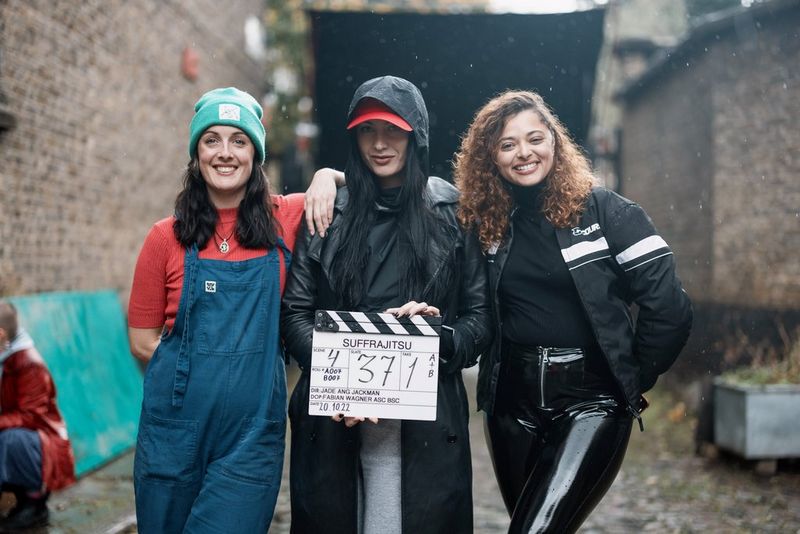
What is the thing you most love about what you do?
I am a very curious person and I get to meet lots of people who share their worlds with me. I had a Russian grandfather who fled to Siberia because of the Russian Revolution, and my grandma is Chinese-Malaysian and dressed as a boy throughout the Japanese occupation. So from a young age I was hearing all of these mad stories of different places and cultures and it made me curious about the world. Film fulfils that.
The primary thing about film is everything is changing, nothing is set. I’ve been able to meet people from all over the world, like meeting Ysaora Thibus, who I made a film with. She is a world champion Olympic fencer and getting to see her life in the Olympic fencing gym was incredible. I also worked with a skier with only 2% vision, so learning about her (Corina) experience was also fascinating. I also made a film for Gucci and I flew to Brazil in the midst of the elections. It was both terrifying and scary but we had this amazing person, Gabe, who took us in and told us about their experience as a non-binary Black person in Brazil, and the highs-lows and solitary. There is such a variation of life. I was really proud to see them spread their voice through Gucci’s platform alongside Sage, another character in the film, who spoke with me at Sundance.
"It’s important to get to a point of having clarity of vision but I don’t think you have to have that straight away, it’s something learnt over time."
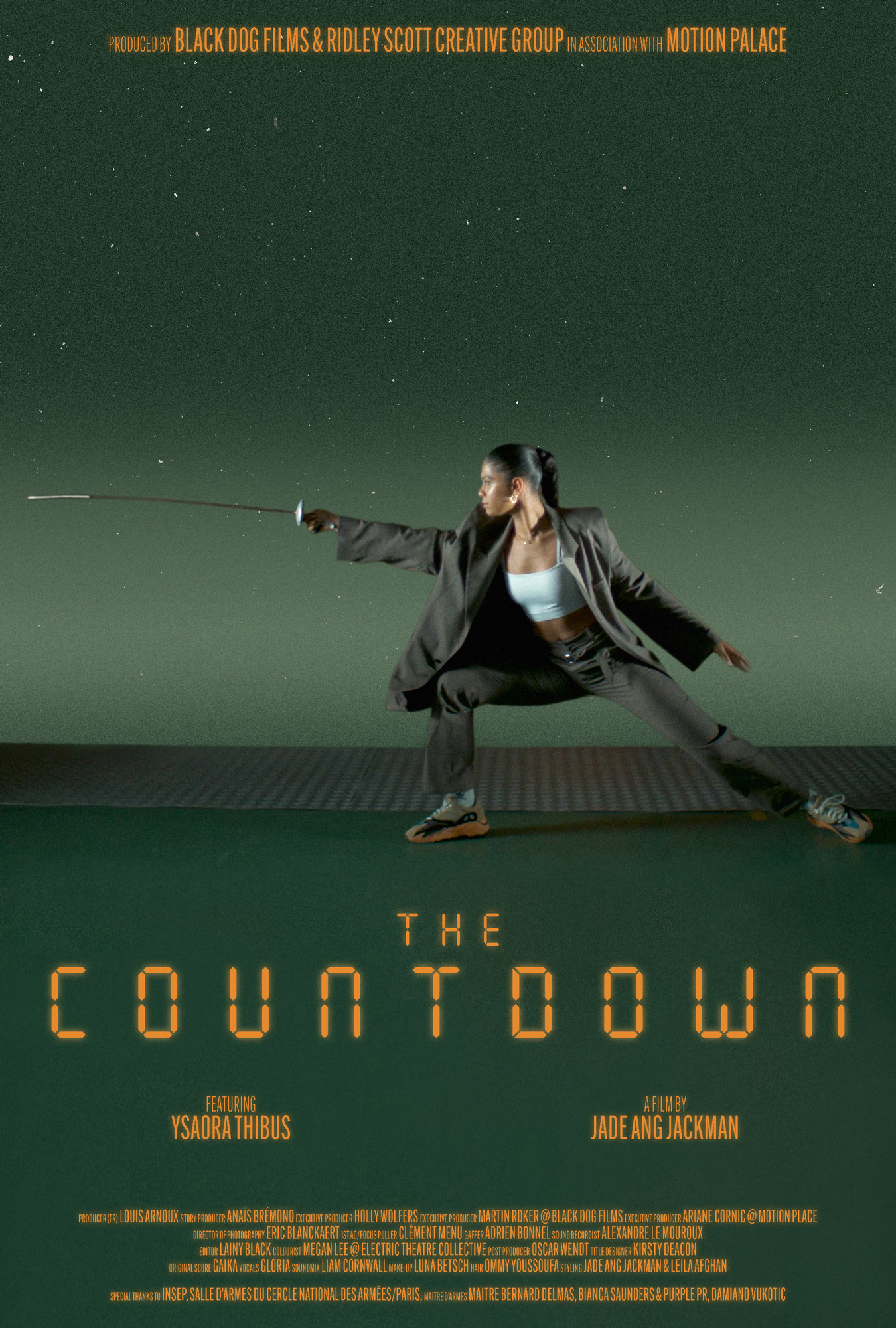

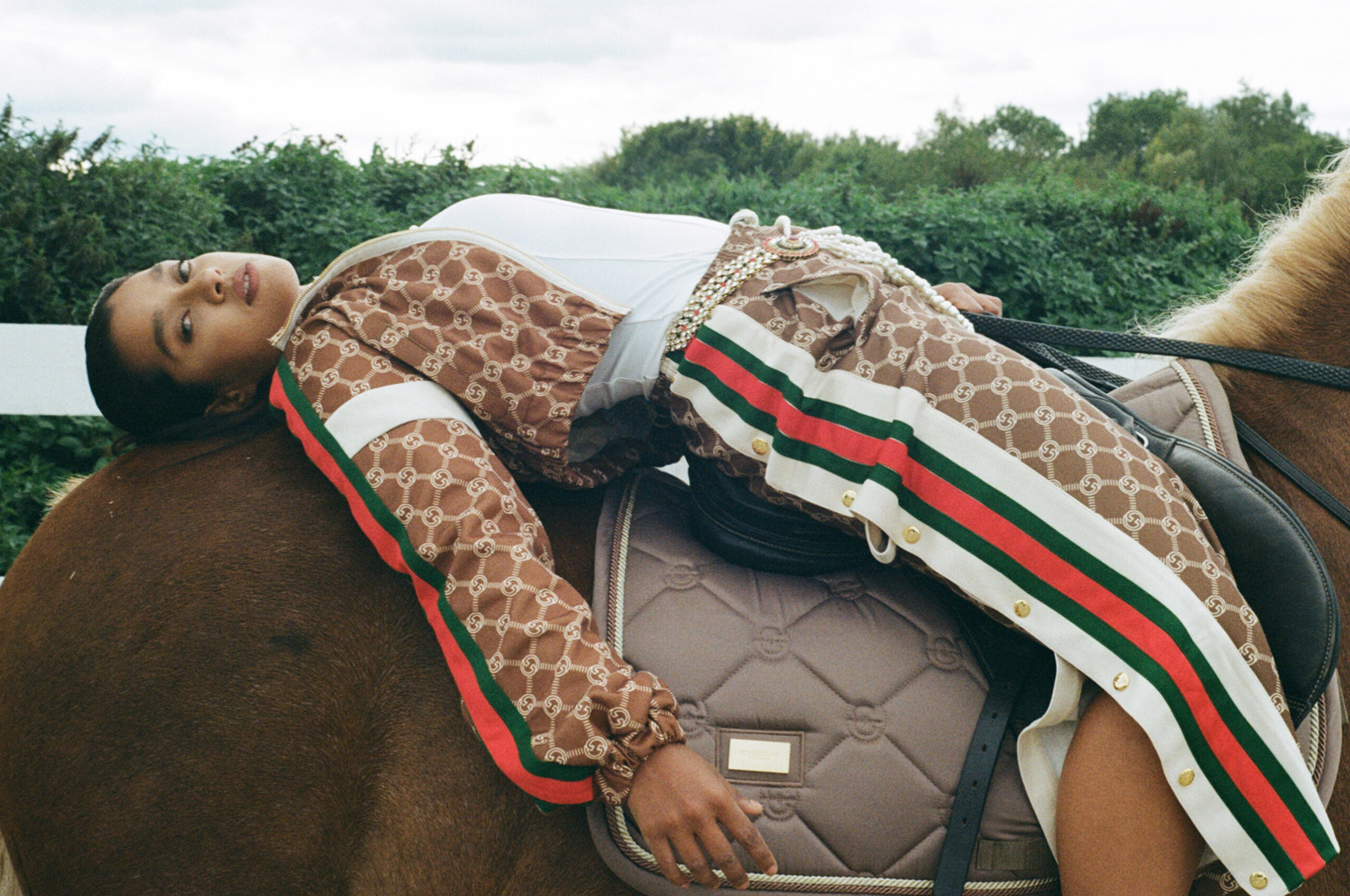
What are the important qualities to have in your role?
It’s important to get to a point of having clarity of vision but I don’t think you have to have that straight away, it’s something learnt over time. I have that now, it’s a process. Being kind and thoughtful to your team is important, as you are working long hours. And being resilient.
Let’s talk about the challenges, what are they? And how do you overcome them?
If I’m honest, and maybe I wasn’t before, it’s the anxiety of worrying if you are good enough and having faith in your unique voice. In film, especially when freelancing, the highs are so high and the lows are so low. I think it is important to have a team or friends around you that keep your faith in yourself, even when you might not always believe in yourself or are being self critical. There is a lot of rejection involved and pitches that go nowhere, so finding your way through that is a challenge.
Jade, you coined the term ‘Hostile Girl Summer’ in relation to your passion for women in action films. Talk to me about how that phrase came about.
“Hostile girl summer” was a phrase coined by me and my friend Manuka Honey, it was a riff on “hot girl summer”. Like, why be hot when you can be hostile? Jokes aside, over the pandemic I realised all the things I was drawn to in films. I love highly aesthetic worlds, bold colours, wild women and fast cars… So, I was like ACTION FILMS, duh! That led me to do martial arts, Muay Thai and kickboxing, and getting immersed in a new world. My friend and I started doing this thing called ‘Babes with Blades’ which was a tongue in cheek celebration of female action figures who are all tits and no lines, and wanting to create a platform to celebrate other people in that space.
What is next on your agenda?
Something that I am really interested in and something I want to tackle in my action-film feature is changing the stereotype of women in action films, often seen as a trope, where women have no lines but are hyper feminine and sexualised. My grandma has red lipstick and red nails and that is something I associate with her power. So, for me, it’s about how you keep those elements of identity and make sure your own personal brand of strength, or power, isn’t lost.
"...you can change. You don’t have to have it all planned out. I am still learning techniques and trying to push myself."
What advice would you give to people starting out?
The biggest thing I would say is that you can change. You don’t have to have it all planned out. I am still learning techniques and trying to push myself. I wasn’t someone who knew how to put things together visually, I wasn’t taught the language of what that was. From my law degree, I didn’t think I’d be getting strapped to cars or being driven on a F1 course!
Don’t be scared of having niche interests. I think I spent a long time trying to fit into a mould or look at other people’s career trajectories, whereas allowing myself to fall into a more fantastical world with fast, fighting women has definitely let me be free.
I do hope that brands, platforms and commissioners take risks on new voices.The energy and drive of someone who wants to do it is enough. There are so many talented people that I can think of that come from unexpected places because they were given a chance, and I hope that I can give back like that too.
LATEST THAT MAY INTEREST YOU


